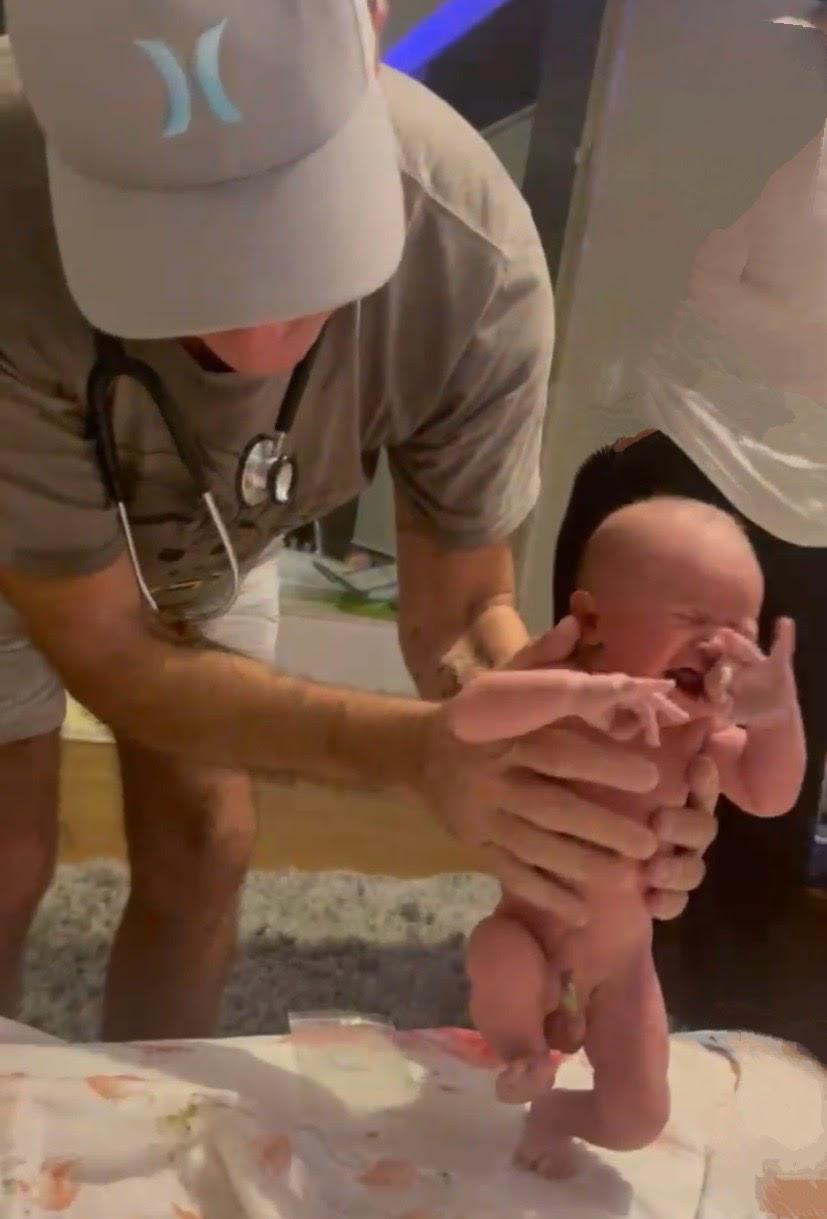When it comes to prenatal nutrition, knowing the best foods to eat for your baby’s development can feel a bit like navigating a maze. Dr Robert Biter, a renowned expert in maternal and fetal health, emphasizes how vital proper nutrition is during pregnancy. It’s not only about eating more but eating smart.
The Foundation Of Prenatal Nutrition
Before diving into specific foods, let’s ground ourselves in the why. Nutrition during pregnancy affects not just the growth of your baby, but also the pregnancy’s overall health and the baby’s future well-being. The right balance of vitamins, minerals, and other nutrients is key.
Key Nutrients And Where To Find Them
- Folate/Folic Acid: Crucial for preventing birth defects, found in leafy greens, fortified foods, and citrus fruits.
- Calcium: For bone development, found in dairy products, fortified plant milks, and leafy greens.
- Iron: Prevents anemia, essential for both mom and baby, found in lean meats, beans, and fortified cereals.
These are non-negotiables in your diet, playing pivotal roles in the development of everything from your baby’s spine to their little heart.
Best Foods For Baby’s Development
Now, let’s get to the fun part – the foods! Eating a variety of foods ensures no nutrient is left behind, offering the best for your developing baby.
- Protein Powerhouses: Protein is a builder nutrient, essential for your baby’s growth. Eggs, lean meats, beans, and nuts are excellent sources. If you’re vegetarian or vegan, quinoa and lentils are your friends, packed with protein and fiber.
- Vibrant Vegetables and Fabulous Fruits: Colorful fruits and vegetables are packed with vitamins and antioxidants. Think spinach, bell peppers, blueberries, and oranges. They’re not just good for the baby; they’ll help keep your energy levels up and prevent that dreaded pregnancy fatigue.
- Whole Grains for the Win: Whole grains provide essential fiber, helping with those common pregnancy digestive troubles. Whole wheat bread, brown rice, and oatmeal are great choices, keeping you full longer and providing sustained energy.
line with Dr Robert Biter advice, incorporating a variety of these foods into your diet can significantly affect your baby’s health and development. It’s about balance and ensuring you’re getting enough of the good stuff to support both you and your baby.
Key Takeaways For Your Prenatal Nutrition Journey
Remember, feeding your body right during pregnancy is one of the first gifts you give to your child. Dr Robert Biter consistently points out that while prenatal vitamins are important, they’re a supplement to, not a substitute for, a nutrient-rich diet.
Final Words Of Wisdom
Maintaining a varied and balanced diet, guided by the nutritional insights shared by experts, is crucial. Every meal is an opportunity to provide your growing baby with the best start in life. So, listen to your body, try to adhere to the food group recommendations, but also, don’t be too hard on yourself. Pregnancy is a journey, and nourishing yourself and your baby is a significant part of it.
In conclusion, understanding prenatal nutrition is fundamental. It’s not just about food but about a balanced, nutrient-rich diet that supports your baby’s development and your health. With guidance from experts, making informed food choices during pregnancy can become an empowering part of your parental journey.



